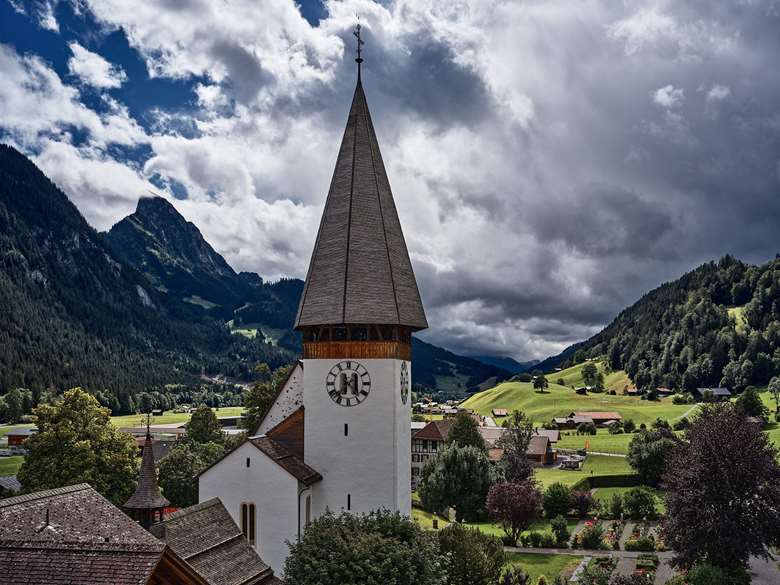Change and Transformation at the Gstaad Menuhin Festival
Desmond Cecil
Friday, December 15, 2023
Desmond Cecil examines the Festival's programme and ethos as it embarks on its 68th edition – its second in a three-year theme cycle focused on 'Change'


Register now to continue reading
Don’t miss out on our dedicated coverage of the classical music world. Register today to enjoy the following benefits:
- Unlimited access to news pages
- Free weekly email newsletter
- Free access to two subscriber-only articles per month